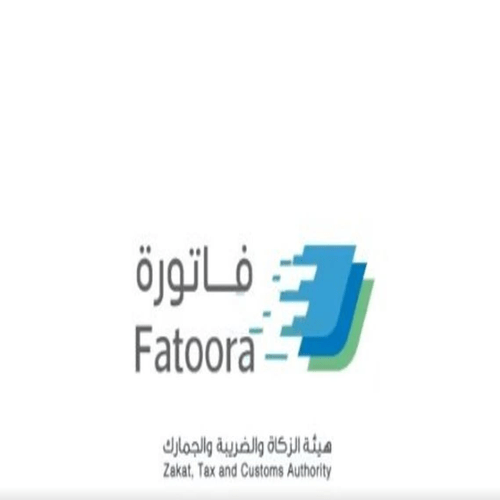The Saudi Zakat, Tax and Customs Authority has revealed the infractions of electronic bills
On December 4, 2021 AD, the first phase, electronic issuance and preservation, begins.
The authorities said that if invoices are not issued and saved electronically, a punishment of 5,000 riyals will be imposed.
In the following circumstances, the establishment's penalty begins with a warning:
- The simplified invoice does not include a QR code.
The invoices do not include the VAT registration number of the business that made the purchase.
Not contacting the authorities if there is a problem that prevents electronic bills from being issued.
A charge of 10,000 riyals is imposed for deleting or modifying electronic invoices after they have been issued
It was clarified in this regard that all fines are calculated based on the type of offence and the number of times it occurs.
Visit the authority's website via the following link for further information on the infractions and fines associated with the electronic invoices .
Zakat, Tax, and Customs Authority emphasized the importance of all taxpayers subject to the electronic billing legislation preparing and preparing their facilities for the first stage "FATOORA," explaining that the requirements for compliance with the first stage are represented in:
Stop sending invoices by hand or using text editors on computers.
- Ascertain that a technical solution is in place that is compatible with electronic billing requirements.
Ensure that all elements, including the QR code for simplified tax invoices and the tax number of the buyer registered in the VAT for tax invoices, are included in electronic invoices, as well as the invoice address, depending on the source type.
Zakat, Tax and Customs Authority clarified that taxpayers subject to electronic invoicing can visit the authority's website at the following link to view a list of technical solution providers for non-binding indicative electronic invoicing, and the authority confirms that the taxpayer is Regularly in the event that it satisfies the requirements of electronic invoicing.
The Zakat, Tax and Customs Authority has asked taxpayers who are subject to electronic billing, as well as electronic billing system suppliers, to contact it with any questions about electronic billing.


